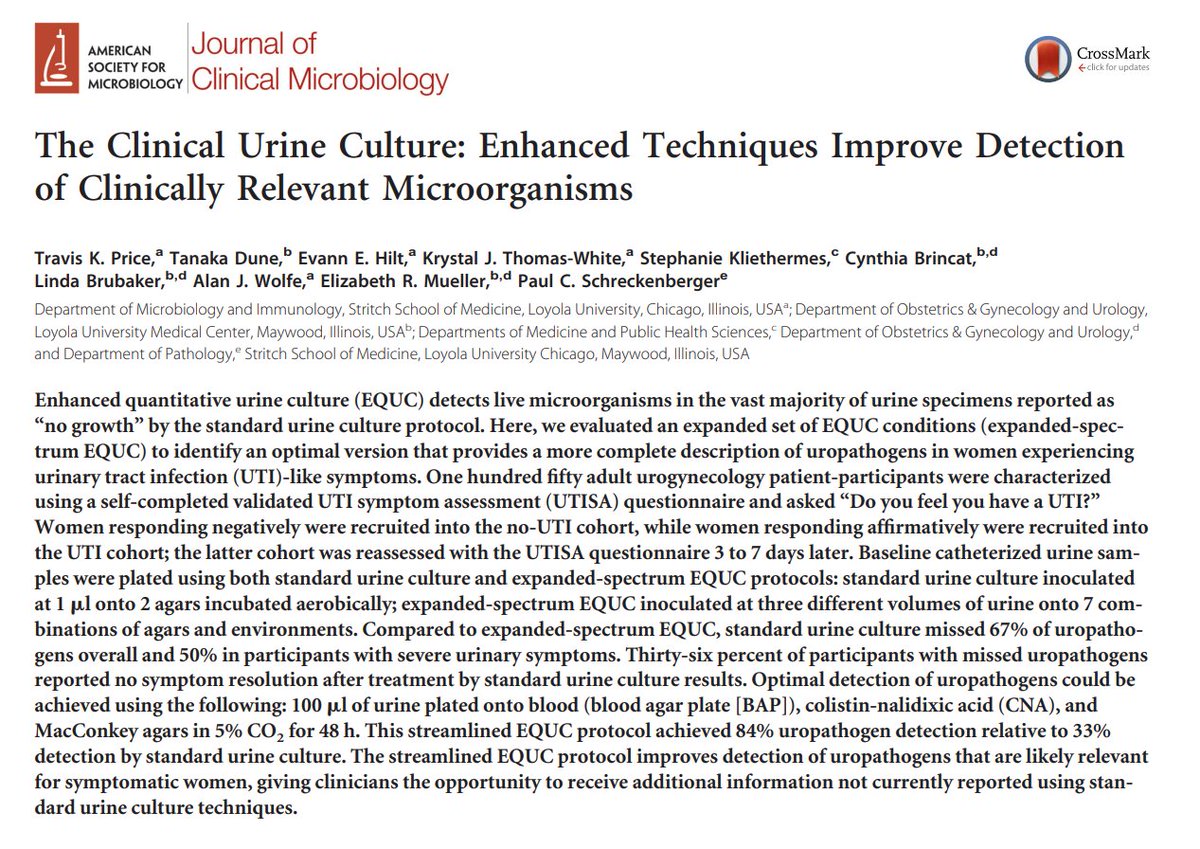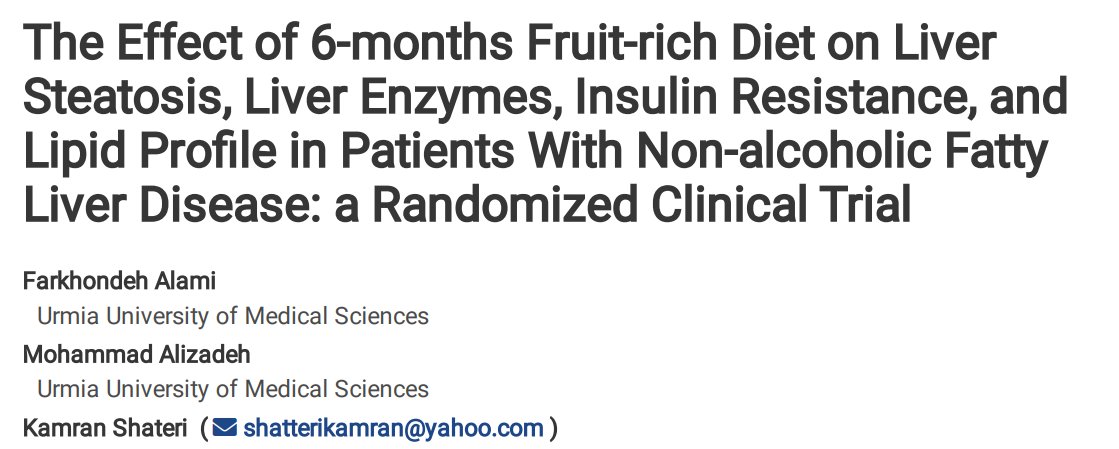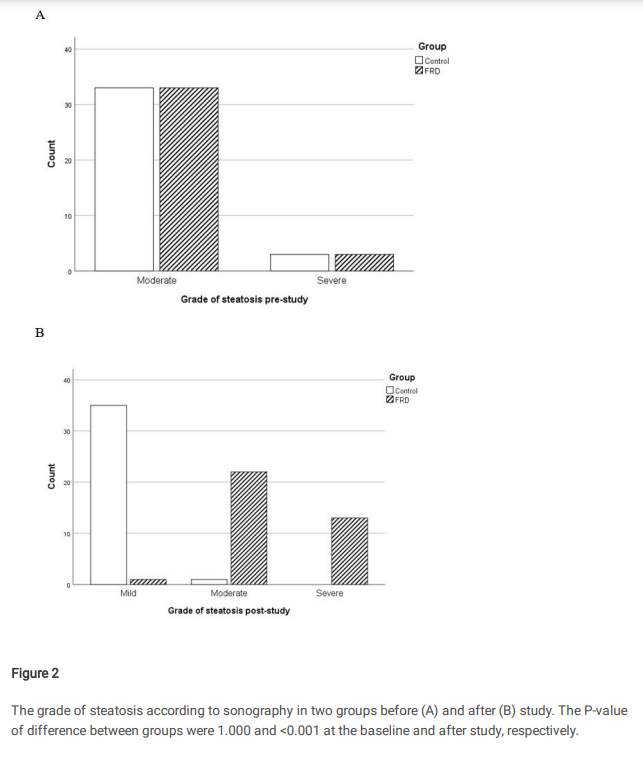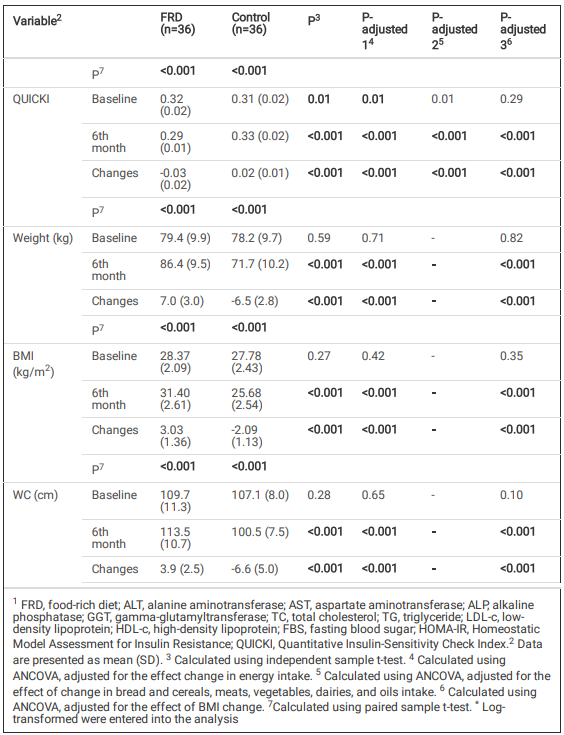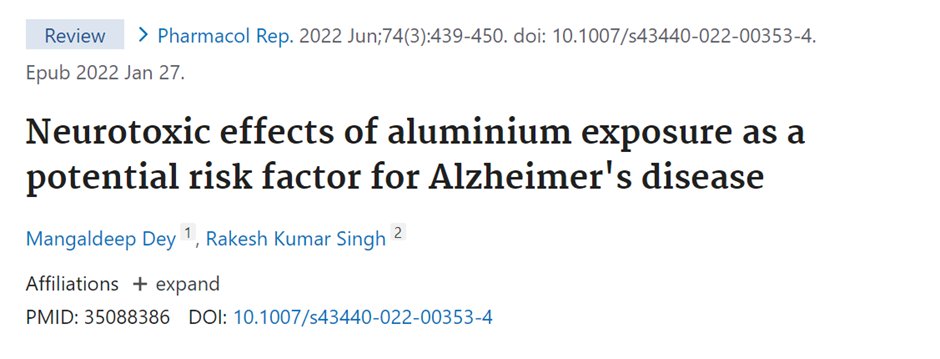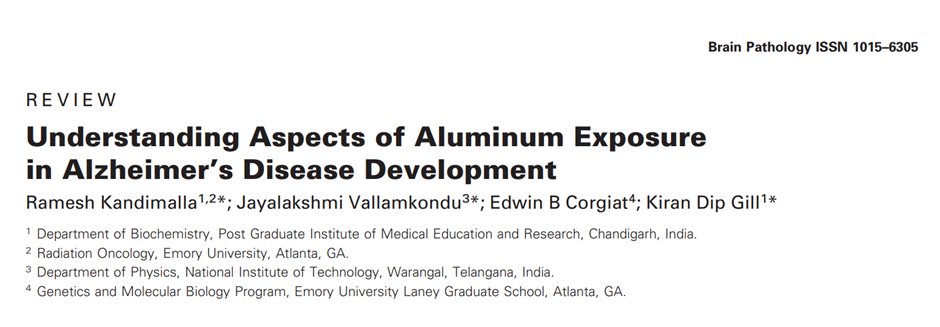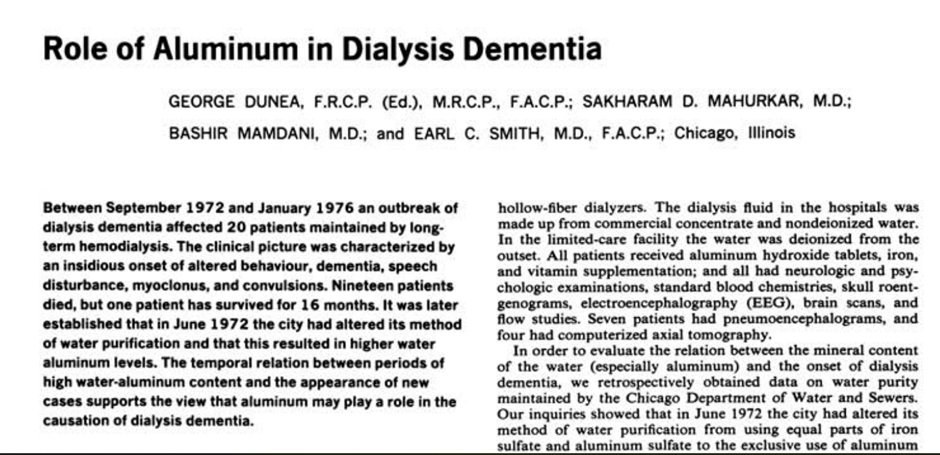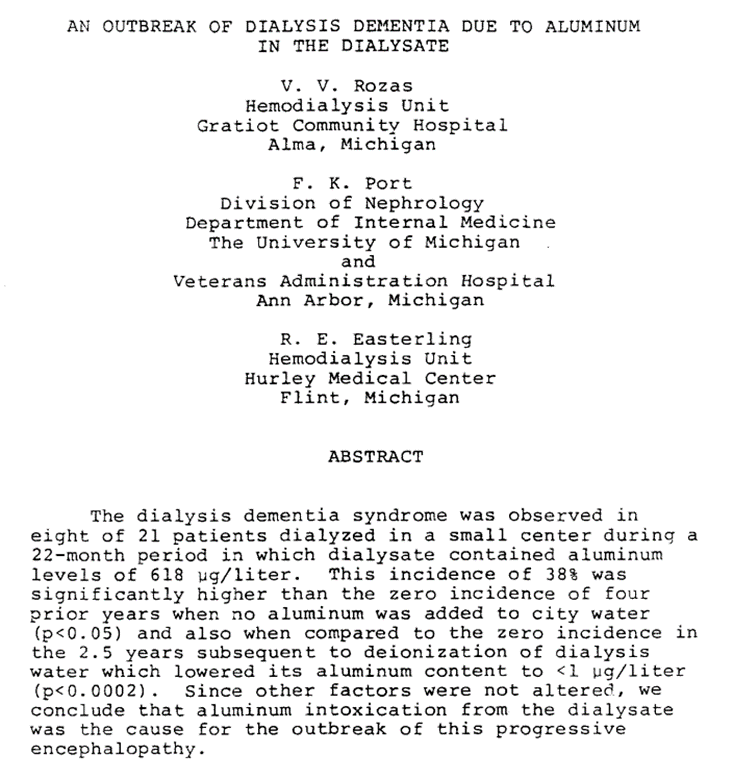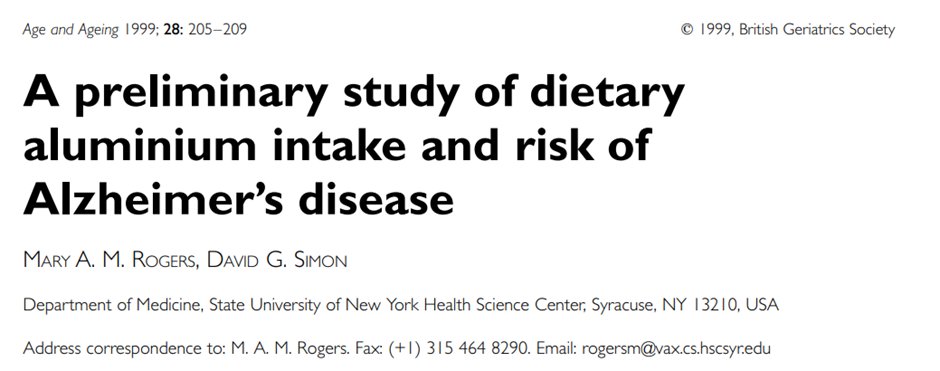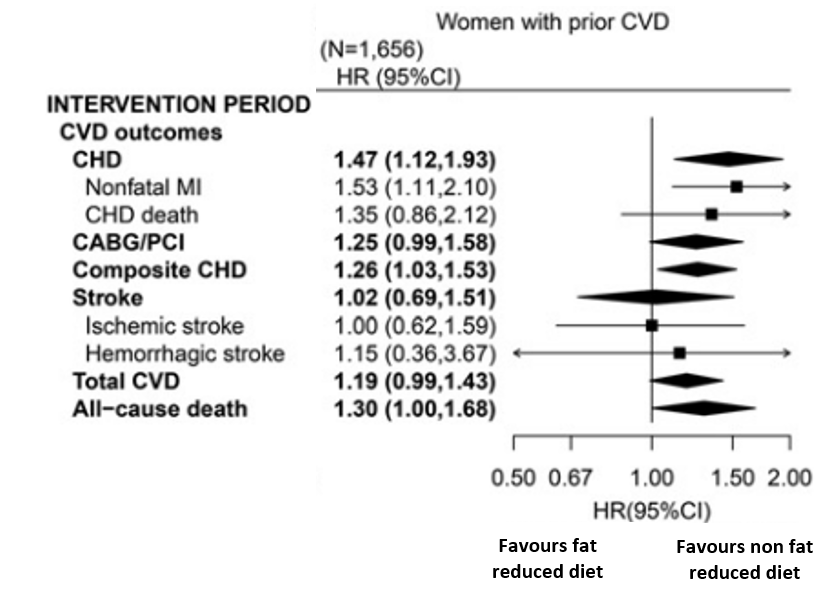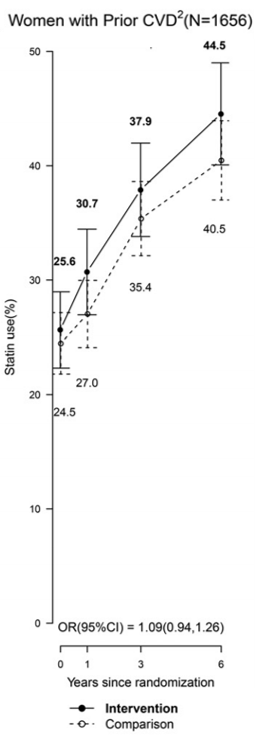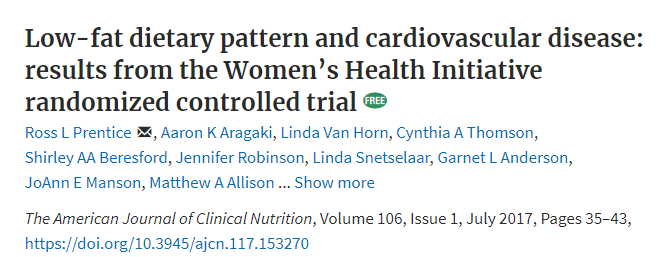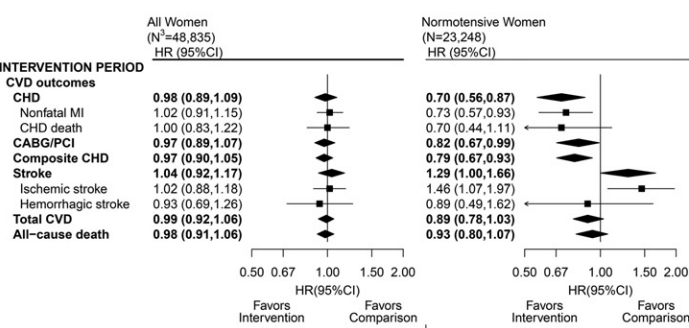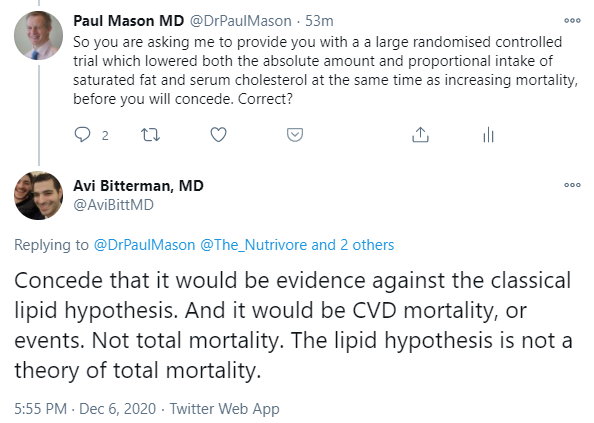
1/6 - Dupilumab is approved to treat severe eczema $$$(~$22,800 AUD/year) and works by blocking the cytokines IL-4 and IL-13.
These cytokines have been implicated in various autoimmune diseases including rheumatoid arthritis and have been shown to be elevated by cow's milk.

These cytokines have been implicated in various autoimmune diseases including rheumatoid arthritis and have been shown to be elevated by cow's milk.
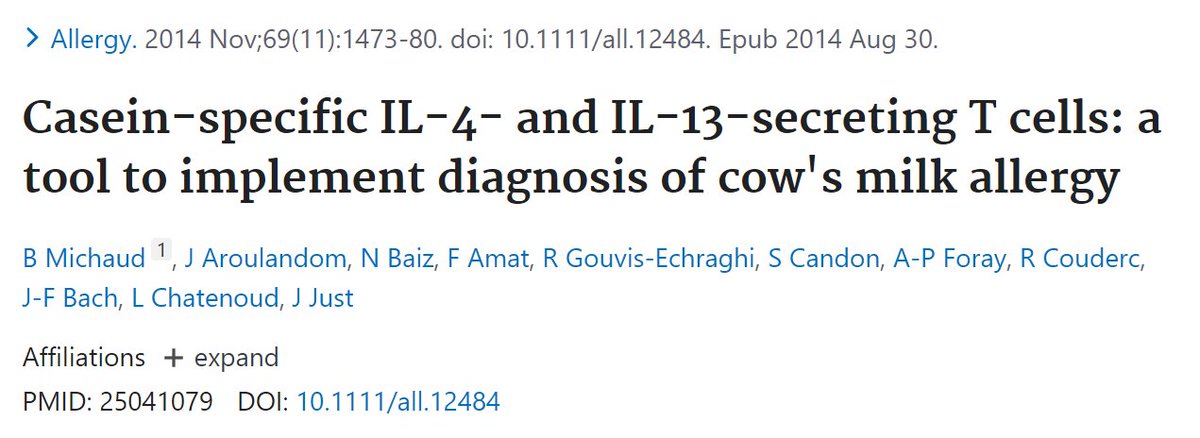
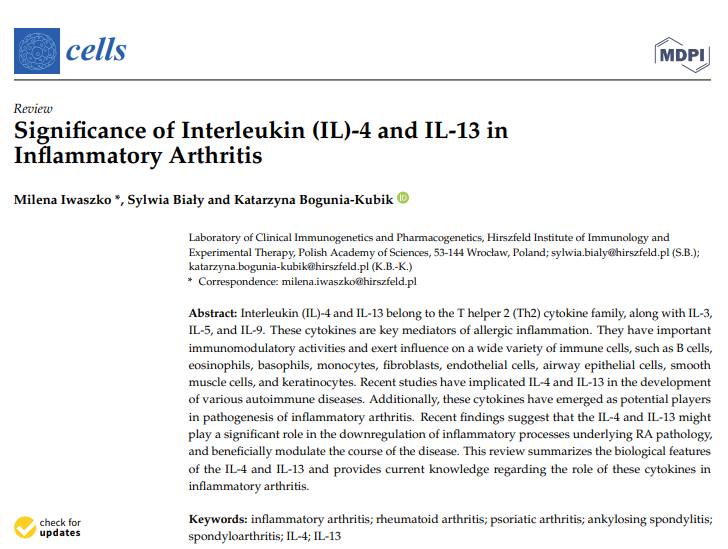
2/6 -This may be why the meat and dairy consuming Masai have been found to have high rates of RA (if wondering about raw dairy, consider the Masai consume milk from the cow).
I suspect many patients prescribed this drug will not be first recommended a trial of dairy elimination.
I suspect many patients prescribed this drug will not be first recommended a trial of dairy elimination.
3/6 - IL-13 also triggers mucous production-this may be why some report nasal congestion with dairy.
The use of milk elimination diets to treat eczema is not new. A 1982 study found 80% of cases of atopic dermatitis (eczema) improved with dairy and egg elimination.
The use of milk elimination diets to treat eczema is not new. A 1982 study found 80% of cases of atopic dermatitis (eczema) improved with dairy and egg elimination.
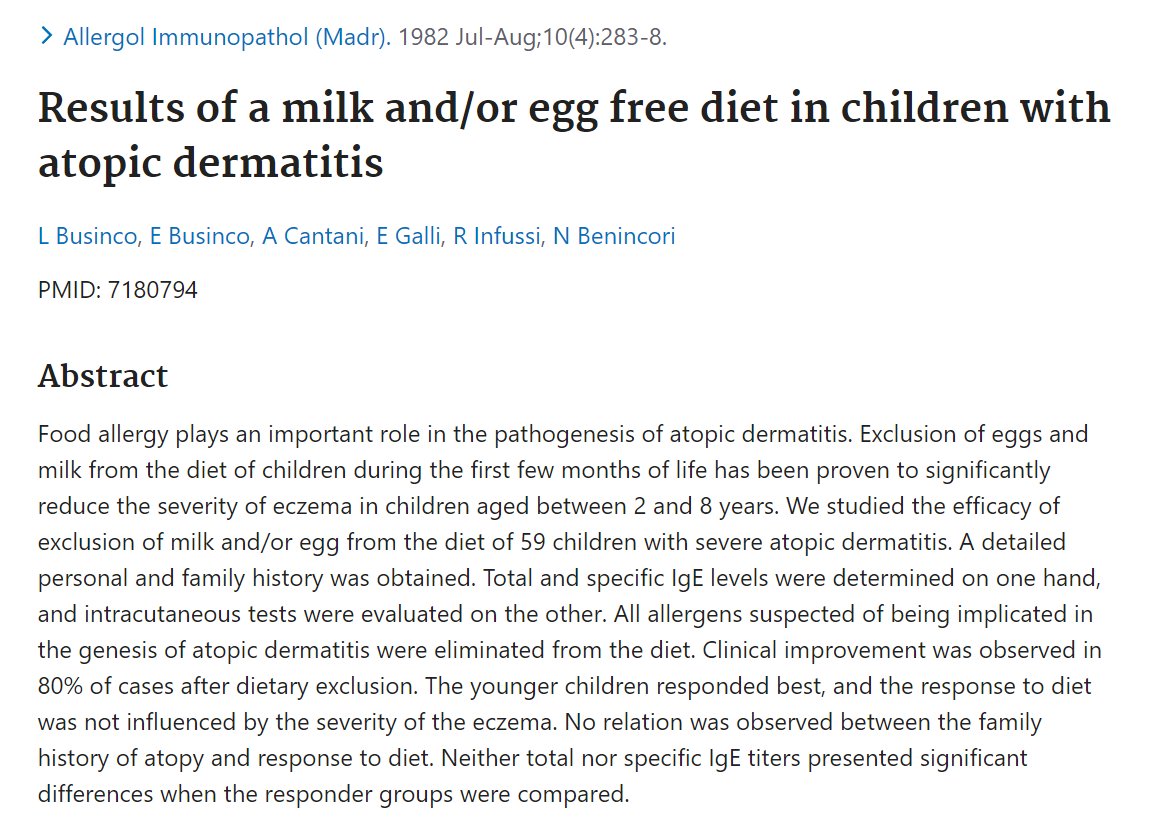
4/6 - A 1991 paper of childhood atopic eczema found an elimination diet avoiding cows' milk, egg, tomatoes and possibly colours/preservatives helps up to 3/4 of patients. 
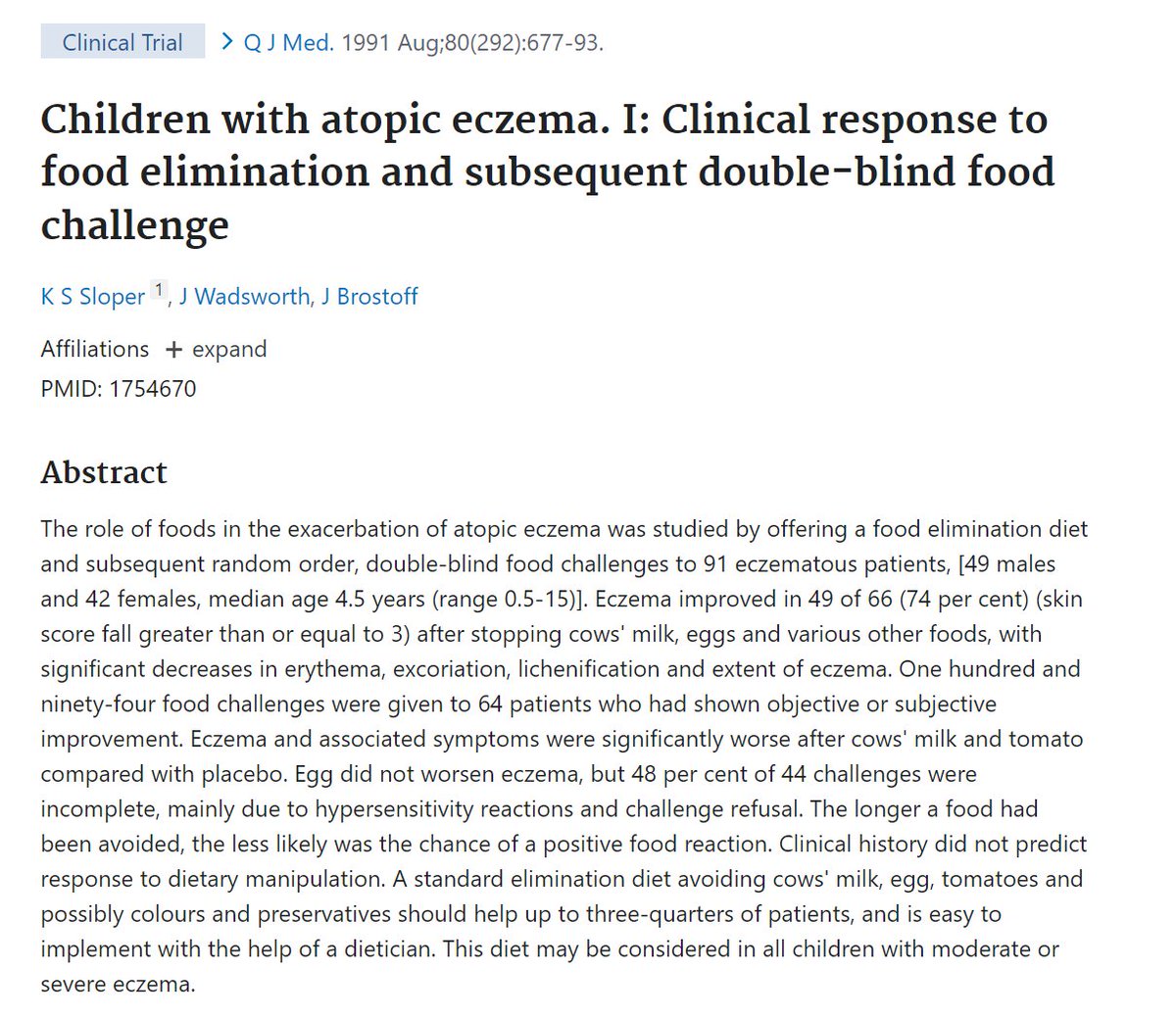
5/6 - A 1978 study (double blind crossover) of a milk and egg exclusion diet found benefit in 14 of 20 children who completed the trial (1 of 20 responded best to control diet). Possibly confounded by soya-based milk being used as an atlernative. 
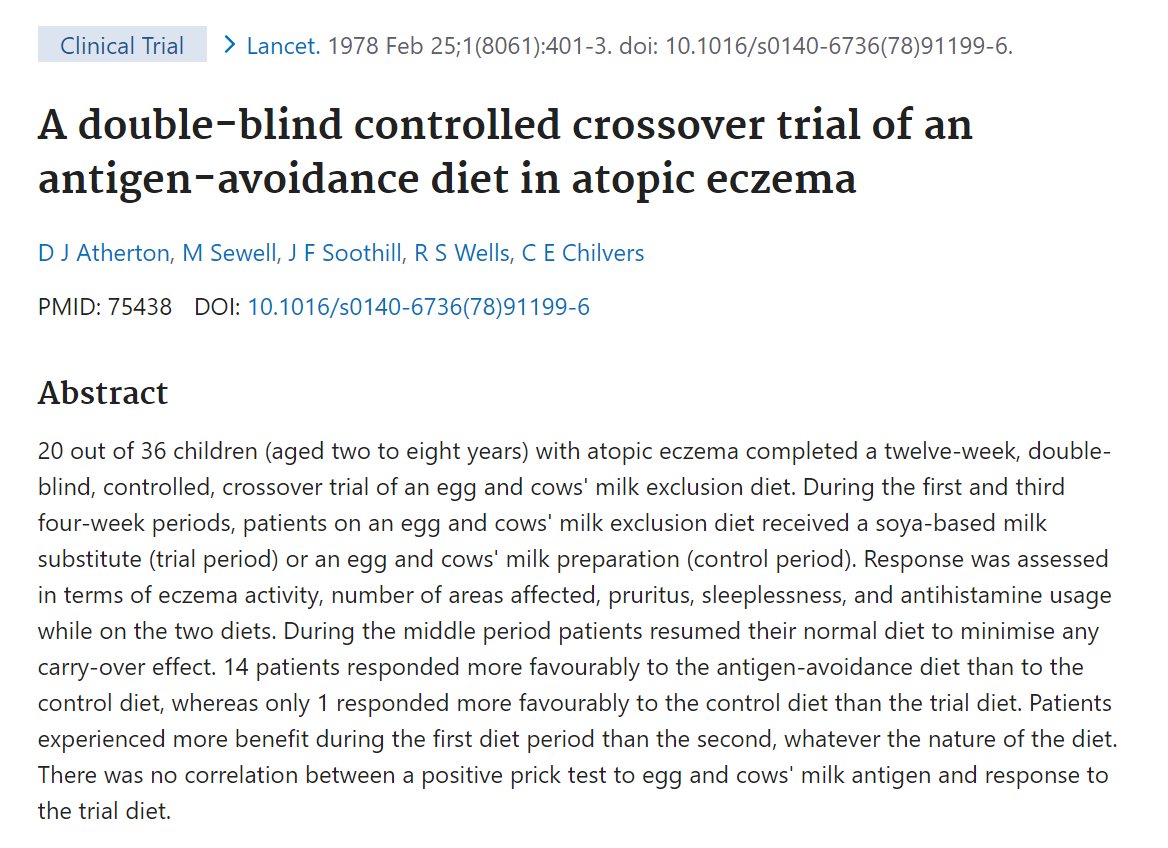
6/6 - I believe that high dairy consumption is the most common reason some are intolerant of typical low carb/keto diets.
Given that IL-4 can drive eosinophilia, when either eosinophils or eosinophil cationic protein is elevated, I often recommend a trial of dairy elimination.
Given that IL-4 can drive eosinophilia, when either eosinophils or eosinophil cationic protein is elevated, I often recommend a trial of dairy elimination.
• • •
Missing some Tweet in this thread? You can try to
force a refresh



